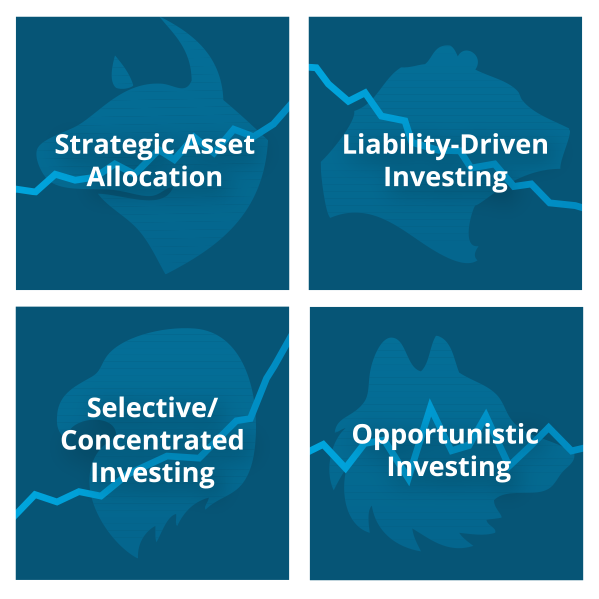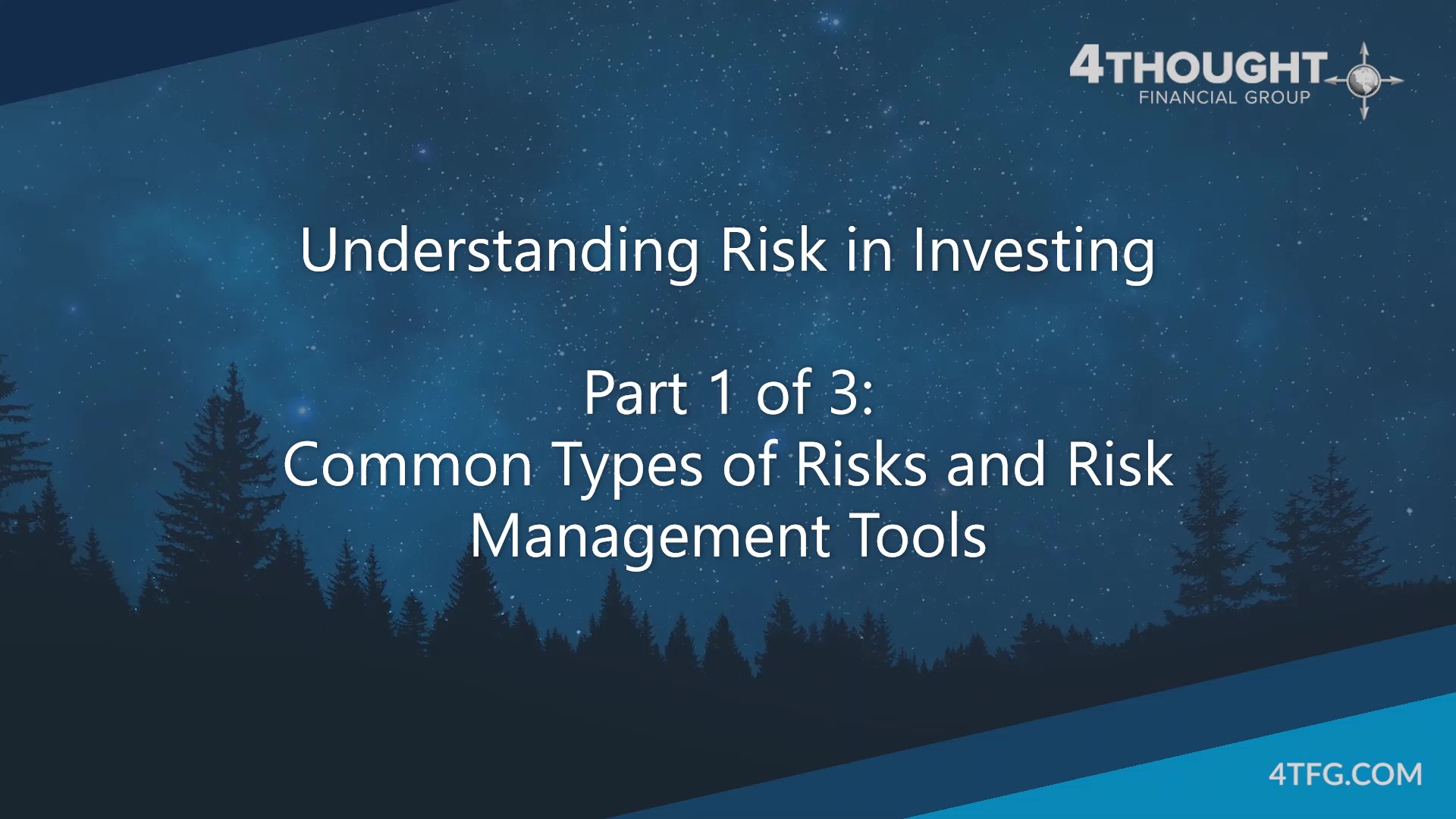Insurance Agent
Insurance agents sell life, disability, long term care, property and casualty, and other types of insurance products. They customize related plans and programs to cover a variety of risks that best suit clients’ needs. They weigh the advantages and disadvantages of these policies and promote the associated sales—oftentimes compensated via commissions based on those policies’ premiums.
Accountant
Accountants primarily examine and prepare financial records, ensuring the accuracy and timely preparation and submission of tax returns to the Internal Revenue Service (IRS). They review the financial operations of businesses and fiscal matters of individuals, and assist in creating plans to improve efficiencies. Many accountants earn Certified Public Accountant (CPA) licenses from their respective state board of accountancy—a distinction denoting extensive education, experience and competency within the profession.
Estate Attorney
Estate Attorneys, as their titles indicate, specialize in estate planning issues, such as, for instance, estate taxes and the effective distribution of assets to heirs. They provide advice to clients on strategies about how to best prepare for the possibilities of mental illness or incapacitation, and eventually, death. Advice on Wills, trusts, estate tax minimization, business succession, and strategies to ensure clients’ assets and savings are secure following their deaths are typical elements of such services. Estate attorneys can provide further legal advice regarding these areas, and also prepare related legal documents.
Stockbroker
Stockbrokers, as aforementioned, may sometimes refer to themselves as “financial planners” or “investment advisors,” but in fact are more accurately described as salespeople employed by brokerage firms (“broker-dealers”), who sell stocks, mutual funds, and other securities on a commission basis. Thus, the more products sold or transactions made, the more they benefit—and while professionals in this area are heavily regulated and are most often quite scrupulous, there is an inherent conflict of interests and an incentive structure here that could result in sales that may not necessarily be aligned with clients’ financial objectives.
Investment Advisor
Investment advisors are typically focused on the management of client investment portfolios and planning issues directly related to the securities and accounts being managed for the client. Such advisors typically collect a fee for ongoing management of the securities portfolio based on an annual percentage of assets under management. Their firms are regulated by either the states or the SEC (depending on whether they are federal or state registered) as Registered Investment Advisers (RIAs). While such investing arrangements tend to provide a much better alignment of the goals of the investor with the incentives of the advisor than a traditional stock broker’s compensation, if the associated fees are too high, they may provide a significant drag on returns in the long term (if not kept in check). In addition, compensation solely by this means is likely to lead to an over-focus on investing and a neglect of other financial planning issues.
Financial Planner or Wealth Manager
Financial Planners and Wealth Managers who are compensated based on either a fixed fee, retainer fee, or hourly rate fee have perhaps the most optimal incentive structure to provide the broad, comprehensive, concept-based solutions needed for fully coordinated multi-disciplinary financial planning and wealth management. Such professionals are free to think from the multiple perspectives of Investment Planning, Estate Planning, Business Succession Planning, and Fringe Benefits Planning, and may focus their energies on crafting and developing purely concept-based (as opposed to product-based) strategies to help clients achieve their short- and long-term goals. Like investment advisors, their firms are also regulated as Registered Investment Advisers (RIAs), and as such they are both required to act as fiduciaries with clients’ best interests in mind, and may be monetarily incentivized to do so (depending on their exact fee structure).
So what are financial planning services, anyway?
Ask around, and you’ll likely hear a whole bunch of different answers to this important question—depending on which industry the answerer hails from.
- An Insurance Agent or Broker might tell you financial planning is chiefly about ensuring you’ve taken out the best policy for coverage against unforeseen life events and to provide for beneficiaries.
- An Accountant will likely stress the importance of tax-related matters.
- An Estate Attorne may define Wills and trusts as the keys to financial planning, focusing on asset distribution and strategizing for events such as death and incapacitation.
- A Stockbroker will tell you that investments should be the focus, and likely attempt to sell you an assortment of products—stocks or mutual funds, among others.
- An Investment Advisor will impart advice focusing on portfolio and securities-related issues, and may provide ongoing portfolio management for a fee based on a percentage of assets under management.
They’d all be partially correct—though there’s so much more to financial planning than any one of these narrow views can fully describe.
Financial planning is the lifelong, ongoing process of making intelligent decisions regarding your wealth to achieve your life goals. Financial planning is not, therefore, simply about purchasing financial products, such as stocks, mutual funds, or insurance. In fact, purchasing financial products should be the last thing you do after you’ve already done your initial financial planning (as part of the plan implementation phase). Financial planning should first and foremost start with developing a purely conceptual (not product-based) roadmap to achieving your lifetime financial objectives.
True financial planning services first take into consideration all you wish to accomplish (looking at your situation from several perspectives) and then develop an initial conceptual plan for you that must be revisited regularly to keep it on track. It’s only after the initial conceptual plan has been developed that a true planner will move forward to the implementation phase, which may identify and employ appropriate financial products and services to help you get to your ultimate goals.
Whether you’re retiring, buying a home, having a child, switching jobs, or even receiving an inheritance, exciting life moments come along with important financial questions that must be answered. Planning for your future requires managing your finances, and decisions can become more and more complex.
Charting your financial future, today.
Navigating the diverse sea of so-called “financial planning” services can be challenging, especially when you’re not exactly sure who trust to ultimately steer you toward your financial objectives.
Many financial services professionals provide what they may refer to as “financial planning” services with a focus on the sale of products, such as exchange-traded funds (ETFs), mutual funds, hedge funds and insurance. In most cases these “financial advisors” are actually salespeople, intent on making commissions based on selling something, and are not necessary focused on building your wealth or providing you with appropriate advice.
While traditional brokerage services such as this still hold significance, there are other financial services business models that offer fiduciary-based services intended to provide objective conceptual advice (not just sell products) using personalized strategies to help investors build wealth and enhance their financial well-being over time. These are offered by true financial advisors (whose firms are known as “Registered Investment Advisers” (RIAs).
Both by law (because they must act as “fiduciaries” in your best interests) and because of the way they are compensated (through fees, not product commissions), they have an obligation and a greater incentive to provide you with services that are designed to help you achieve your objectives (and not just their own objectives). When it comes to broader conceptual financial planning they will typically charge a flat fee, either one-time, at an hourly rate, or an ongoing retainer fee, and they will not accept commissions for this service. Secondarily, if you wish that they help you with implementation of the planning, they may facilitate or direct you to the appropriate third-party product or service providers. They may also offer to implement certain aspects of the planning in-house, such as in the case of investment portfolio management in wrap fee programs, in which case their incentive is typically very simple: When you make more money, they make more money (often via an annual “wrap fee” based upon a percentage of the investment assets that they manage for you).
Syosset, NY-based wealth management firm 4Thought Financial Group is a “Level Fee Fiduciary” Registered Investment Adviser (RIA), and has offered fiduciary financial planning services to its clients since long before the U.S. Department of Labor implemented its recent Fiduciary Rule requiring brokers to adopt a fiduciary standard in dealing with the limited area of IRAs (Individual Retirement Accounts).
This means 4Thought Financial does not make a commission on the sale of investment products or on stock trades, and is built to be more independent and objective in its advice to clients—it is not beholden to any other company, and does not have commissioned products to push for its own inherent financial benefit. It does not employ traditional stockbrokers or insurance agents as salespeople or hold its advisors to quotas either.
4Thought Financial Group’s independence means its main interest is the financial well-being of the client. More on this later.
In the meantime, here's what you need to know about financial planning services (sometimes also known as “Wealth Management”):
Wealth Management
Wealth management services provide a comprehensive approach to managing your overall wealth and financial life. When you use wealth management services, you should expect coordination of services, including investment planning, fringe benefits planning, estate planning and business succession planning.
Here’s a more in-depth breakdown:
- Estate planning entails a comprehensive review of current tax law and the impact of intestacy. Also included within estate planning are: wills, trusts—living trusts, charitable remainder and lead trusts, revocable and irrevocable trusts—along with charitable giving, family foundations, and other legal tools. Do you have children? Divorced? Remarried? There is important information you need to know to successfully strategize for the future, no matter your unique situation.
- Fringe benefits refer to the additional financial perks offered by employers that supplement an employee’s salary, including 401(k)s, profit sharing, defined benefits, cash balance plans, employee stock ownership plans (ESOPs), and group insurance, among others. Understanding these instruments and benefits is critical to successfully achieving your financial goals.
- Investment planning services are utilized to identify investment objectives, gather relevant data, and employ the most effective financial concepts and strategies to achieve your goals. For example, you can use investment planning services to assess budgeting and cash flows, plan for retirement, save for higher education, determine systematic investment and withdrawal needs, and review potential portfolio allocations. Alternative methods of investing may also be considered, along with approaches to portfolio tax efficiency and other considerations.
- Business succession planning can be useful if you are a privately-held business owner or shareholder and need assistance for retirement planning, or are making arrangements for the business in the event of disability or death. Who will be the new owner? When will ownership be officially transferred? Succession planning ensures your business remains in qualified hands and that you, your business partners, and your heirs are appropriately compensated after one of these life events.
Here are some great tools for implementing the investment planning portion of a financial plan (once you get to that point):
Robo-Advisors
With the advancement of technology, investment advisory services once limited to investors with substantial portfolios are now available to all.
Robo-advisors provide investment advice and portfolio management online utilizing data analysis and mathematical algorithms to assist with ongoing investment portfolio management (and even some aspects of financial planning), and may seek to provide services by leveraging a variety of technological tools, such as computer programs for portfolio accounting and customer relations management systems. This may enable investors to save on fees, and provides the flexibility to access some aspects of financial advice related to their portfolio at almost any time of the day.
Separately Managed Accounts (SMAs)
Separately Managed Accounts, or SMAs, are privately managed investment accounts that are managed for an asset-based percentage fee, often customized with securities such as stocks, bonds, exchange traded funds and mutual funds. Investors may own a single SMA with a turnkey total portfolio managed within it, or may own several specialized SMAs that make up a total portfolio. SMAs offer several benefits, including greater transparency, the potential for portfolio customization, and tax efficiencies (via a reduced risk of capital gains taxes). For instance, with SMAs you can view the real-time status of your holdings in each strategy/account (securities which you own directly), as opposed to waiting for a monthly or quarterly report to see the underlying holdings of a mutual fund (securities which you own only indirectly through shares of the fund).
Systematic Investing
Systematic investing is an old tried-and-true method for building wealth over the long term, in which an investor trickles earned income savings into the market incrementally over time, thereby reducing the risks associated with market timing, and maximizing the time that one’s money is working for him/her in the markets.
But technological advancement, innovation, and the professional skills of an advisory firm may enable investors to take this process a step further, potentially capitalizing on opportunities and managing risks in a manner that would otherwise be unattainable with traditional systematic investing (such as dripping money into a mutual fund). As examples, such approaches may include specialized strategies designed specifically for systematic investing and/or the use of liquid, transparent alternatives to private equity and hedge funds, coupled with objective advice.
Portfolio managers who provide specialized systematic investing services and leverage proprietary technology driven by algorithms can help determine the type of investor you are, and offer a wider array of alternatives for accomplishing your investment goals.
Financial planning services should extend far beyond traditional offerings, but must be leveraged with the right support. It's therefore important to choose the professional provider that best fits your needs and financial goals.
Consider consulting with financial planning advisors with the incentives and tools to objectively provide you with the financial advice you need, before making a final decision.
4Thought Financial Group
Wealth management firm 4Thought Financial Group, based in Syosset, NY, specializes in the aforementioned fiduciary fee-based financial planning services, and when it comes to investment plan implementation, utilizes a data-driven, multi-method investing approach, designed to offer durable portfolio management for a wide range of market conditions.
4Thought Financial’s team has also developed specific strategies to optimize the systematic investing process, designed to improve the probability that investors’ financial goals will be achieved regardless of market volatility.
Once again, 4Thought Financial does not employ stockbrokers or insurance agents looking to sell you a product, but rather, independent fiduciaries who provide financial advice with clients’ best interests in mind.
Begin building your wealth today, with 4Thought Financial Group.






Leave a Comment